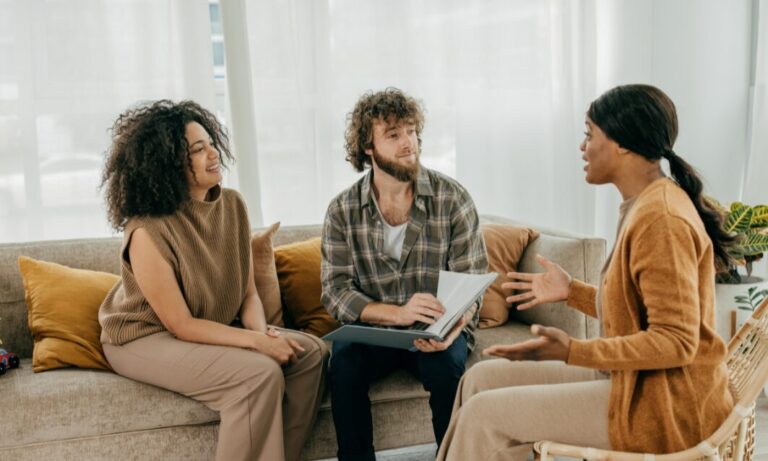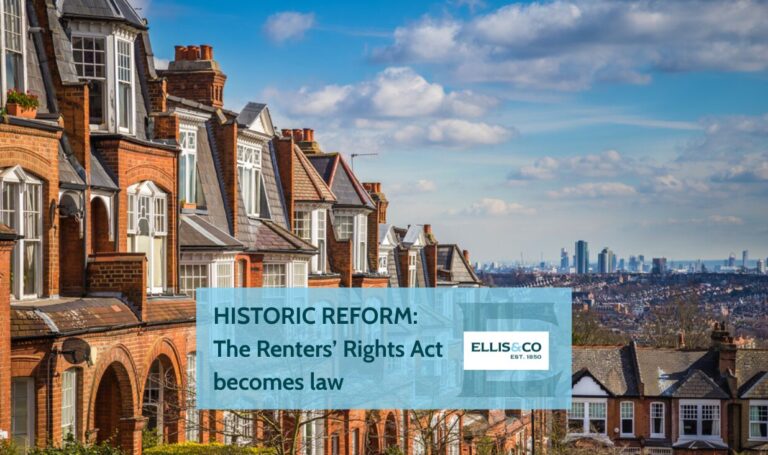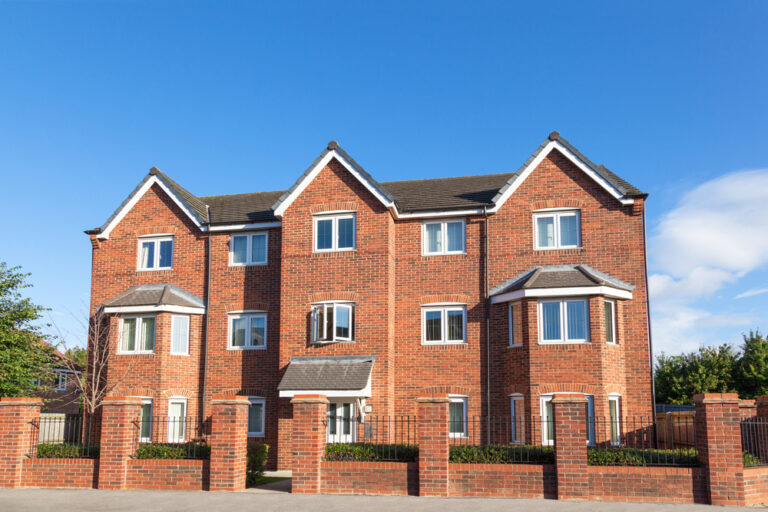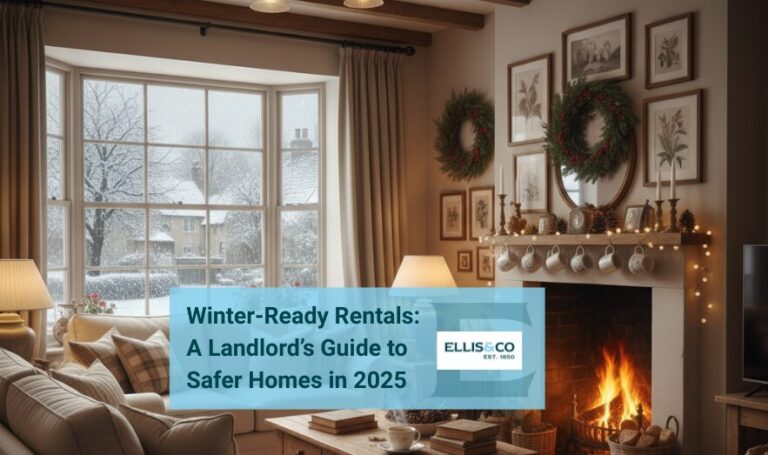Renting a property is a big step, so it’s important to be certain the home you’re going to be living in is right for you.
When on a viewing, come armed with a list of questions – because it’s easy to forget to ask something crucial when you’re carried away in the moment of viewing a property.
From establishing details on who to contact in an emergency to clarity on rent payments and utility bills, there are a whole host of crucial questions to ask landlords
when you’re considering renting
from them.
Questions to ask when renting a house
Here are the top questions you should ask your potential landlord before renting their property…
1. Who is my main point of contact?
Communication is key when renting a property – especially in an emergency.
So, one of the key things to find out from your potential landlord is who will be your main point of contact during your tenancy.
If the landlord is using a letting agent’s management service, they’ll probably be your main contact.
But if your landlord is looking after the property themselves, find out how they like to be contacted, whether it’s by email, telephone, or text message, and if there are any specific times when you should contact someone else.
2. What’s included with the property?
If the property you’re viewing is advertised as ‘furnished’ or ‘part furnished’, ask the landlord to clarify exactly what items are included with the tenancy.
When on a viewing, existing tenants may still be living in the property, so it can be difficult to know what belongs to them and what you’ll be getting if you take sign up to the tenancy.
Ask the landlord to explain what comes with the property, so you’ll know what you need to provide if you move in.
3. Are bills included with the rent?
Most property listings should state whether the major utility bills are included with your monthly rent.
But it can be worth asking the landlord to clarify this with regards to:
- Electricity bills
- Gas bills
- Water and sewerage bills
- TV licence
- Council tax
You should also ask whether the property comes with WiFi included in the rent, or whether any TV subscription package, such as Netflix, is being offered.
4. Am I allowed to redecorate?
You should never redecorate a rental property without your landlord’s permission.
But while many landlords will be against tenants making aesthetic changes to their property, others might be more open to it – as long as you ask first.
When on a viewing, ask the landlord if they would potentially be open to this.
If they are and you take on the tenancy, you should establish whether your landlord will pay for materials and agree on a colour scheme.
5. Am I allowed a pet in the property?
If you’re keen to keep a pet in your rental property, it’s vital you discuss this with your landlord before you agree to a tenancy.
Some properties will be listed as pet-friendly, while other landlords will have valid reasons for not allowing pets.
Those reasons could include:
- The size of the property is too small to home a pet
- The property is leasehold and the lease terms state pets are not allowed
There are no laws around pets in rental properties and the decision will be one for your landlord.
But the government is keen to make it easier for tenants with pets to find properties, so they’ve amended their model tenancy agreement to automatically grant consent for a pet.
This means landlords using this agreement will have to provide a valid reason for declining a tenant’s request to keep a pet within 28 days.
6. Am I responsible for outdoor space?
Your tenancy agreement should clearly state who is responsible for maintaining the outdoor space that comes with a rental property.
But you should always ask this question when on a viewing.
Failure to maintain gardens and outdoor spaces that are outlined in your tenancy agreement could mean your landlord makes deductions from your deposit.
And if the property comes with a large, high-maintenance garden, this could affect your decision on whether to take on the tenancy if you’re responsible for its upkeep.
7. How energy efficient is the property?
By law, your landlord will need to provide you with a valid Energy Performance Certificate (EPC) if you decide to rent the property.
Their property must also have an EPC rating of at least ‘E’ in order for them to legally rent it out.
On a viewing, you should ask the landlord about the property’s energy efficiency.
How much are the energy bills likely to be and what steps has the landlord taken to make the property more energy efficient?
8. When was the boiler last serviced?
While maintaining things like heating systems is your landlord’s responsibility, asking about the age and condition of the property’s boiler is a good idea.
A boiler breakdown can be hugely inconvenient for tenants, so knowing a boiler and heating system has been serviced and well maintained can give you peace of mind.
9. Who are my neighbours?
As well as keeping an eye and ear out for neighbours and noise during your viewing, you should ask your landlord about the people who will be living around you.
If you’re viewing a flat, ask about the kinds of people who live in the building. Are they young professionals who rent, or are most of the properties owner-occupied?
Knowing who your neighbours are can definitely help you decide if the property you’re viewing is right for you.
10. What is the area like?
If you’re new to the area, ask the landlord about what you can expect from living there.
Many landlords live close to their rental properties, so are in a great position to tell you all about the city, town, or village you’re considering renting in.
Ask them about amenities and transport links, as well as their recommendations on places to go for a drink or a meal.
As well as providing you with useful information, this conversation will also help you build a rapport and get to know your potential new landlord.
11. Does the property have parking, and do I have to pay for it?
If you’re viewing a flat to rent in a city, like London, a parking space is not always a guarantee.
Ask your landlord if the property comes with a parking space off the street, or if you’ll need a resident’s parking permit to park on the road.
If you do, find out who is responsible for this cost
Also ask if there are guest parking spots at the property and how are these allocated?
Where to rent in London
The best thing about London is how different it is from area to area.
There are areas to suit all budgets and needs when it comes to transport links, entertainment, schools, and employment.
Whatever you are looking for from your next rental property, Ellis & Co can help.
We have branches across the capital, including in:
- Bethnal Green
- Bounds Green
- Edmonton
- Enfield
- Finchley
- Golders Green
- Greenford
- Harrow
- Islington
- Kenton
- Leyton
- Mill Hill
- Stanmore
- Tottenham
- Wembley Central
- Wembley Park
- Willesden Green







